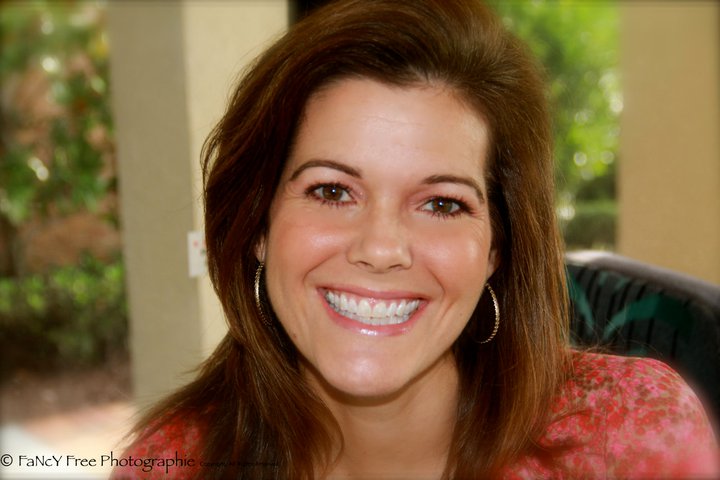
The Click: Organic Mentoring at Its Best
Today I'm happy to feature as a guest columnist Sheryl Lackey:
We met—instantly clicked—love at first sight. No, I’m not talking about the brown-haired, blue-eyed, six-foot tall man in my Systematic Theology class. Sure, the words “love” and “clicked” may conjure up thoughts of a romantic connection, but the context can be broader.
A click, a natural attraction, a spark based on chemistry and mutuality, can kindle a mentoring friendship. I know because a click launched my relationship with Dallas Theological Seminary professor Dr. Sue Edwards.
She calls it the “compulsory click” in her new book Organic Mentoring, and she insists that without that spark mentoring relationships in today’s culture fizzle out. A click ignites and simplifies a Christ-centered, meaningful mentoring relationship. We experienced that click almost immediately.
I quickly felt Sue's acceptance, partly because we share so many experiences. We both grew up in a non-Christian home and gave our lives to Christ in our twenties. We desire to teach the Bible and nurture women. And we welcome coffee and conversations filled with practical tips on biblical living. Sue “gets” me.
Our relationship has resulted in several epiphanies for me. The first occurred this summer when I helped Sue and co-author Barbara Neumann edit their forthcoming book, Organic Mentoring. In my desire to connect with women of all ages, I never realized how little I knew about the glaring differences between my generation and the generation right before mine. I had completely side-stepped how I could better communicate with women in their fifties and sixties. I focused so intently on how Millennials and Gen-Xers approached life that I ignored this older generation. Interacting with Sue and Barbara helped me appreciate the benefits of intergenerational friendships—for both parties.
As our marathon edit sessions continued, my greatest discovery came when I understood why I feel an intense need for community. Yes, I knew God created us for relationships, but I thirst for community. Sue unknowingly helped me understand the "why." I grew up in a divorced home like many other Post-moderns. The divorce rate doubled in my generation. Sue explained that many younger women seek authenticity and desire to engage life together because they missed healthy family dynamics while growing up.
“I do think that Post-moderns had more to deal with because of family break-ups, and it goes to the core of a person’s identity and relational connections. Who we are and who God is presents foundational issues that have so much to do with our emotional, spiritual, and mental health,” Sue said. When I understood why many of us latch-key kids experience a valid need for healthy community, I gained greater freedom in how I relate with people.
I suspect Sue and I will enjoy many more conversations as we solve the problems of the world and help each other through struggles. Sue calls it reverse mentoring, insisting that she will gain as much from the relationship as I will.
I simply say, “Thank God for the click.”
Sheryl Lackey has completed her second year at Dallas Theological Seminary in the Christian Education Masters program with an emphasis in women's studies and writing. Before coming to DTS as a full-time student, she enjoyed a seventeen-year career in broadcast journalism.


